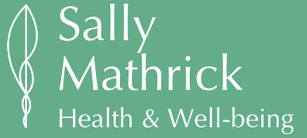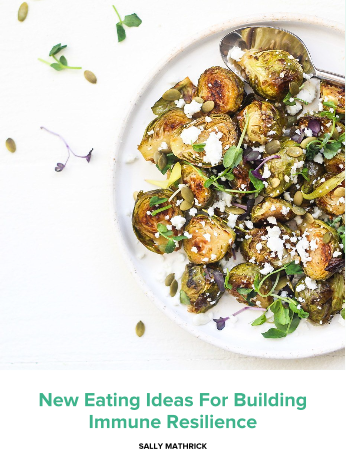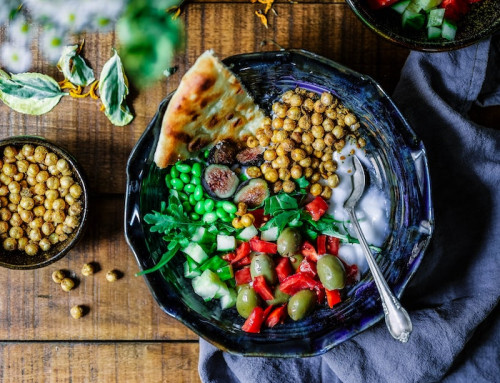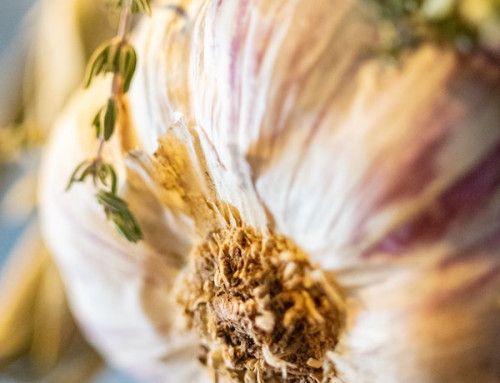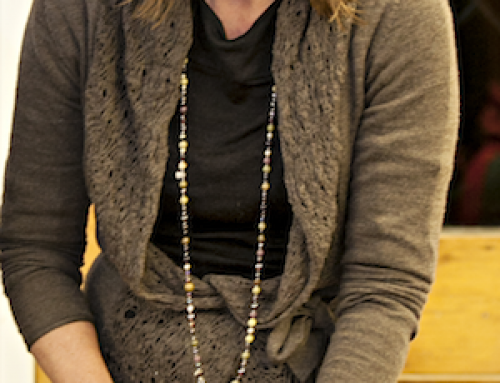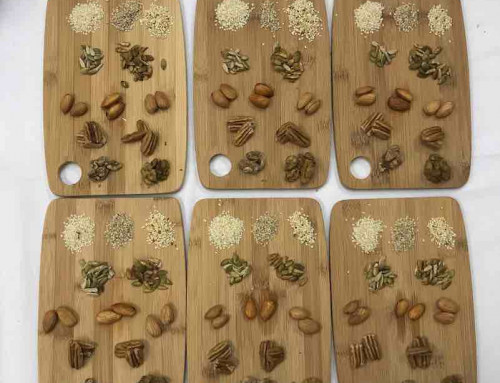The virus is here to stay.
To live well, we’re going to need to broaden our view
(6 min read)
After much ado, we now need to learn to deal with the SARS-CoV-2 virus and its variants. This means we need to bolster our capacity and draw on all effective resources so that we can really live with it amongst us.
Fortunately, there are plenty of additional supports available to us, if we broaden our approach to incorporate systems thinking.
This4-part blog series “Immune Competency in the 2020s” presents approaches to foster immune capacity and build resilience to effectively respond to our changing world during the 2020’s, aka the ‘deciding decade’.
This first blog considers ways to expand the conversation about immune competency against the virus. Subsequent blogs highlight three key areas where you can enhance your and your communities health and immune competency:
- Blog 2: The basics of immune nutrition; those compounds that every body requires for their immune system to function properly
- Blog 3: How to reduce our body’s tendency towards excessive inflammation; that is, reducing pro-inflammatory responses that seem to be contributing to severity of COVID-19 and consequent need for respiratory support
- Blog 4: The deep interplay between immune function and our thinking, emotions and stress; let’s consider questions about how care, kindness, respectful consideration and transparency could enhance our immune competency, and help us to manage better as a society, while facing both the pandemic and the climate emergency.
Without denying the horrible upheavals this pandemic has generated, could this time present golden opportunities for humanity to shift into regenerative, expansive and kinder ways of living? Ways which could positively impact multiple systems of life and the create a world we all want to live in?
During this “deciding decade” for climate change, why don’t we draw on wholistic, systemic approaches to the pandemic?
Broader thinking for new insights
What if we shift away from ‘either/or’ and ‘right/wrong’ thinking in search of a single best solution (aka arguing and conviction) and embrace ‘systems thinking’ and analysing the relationships between all parts, looking for the ways we can ‘make life more wonderful’ (aka dialogue and curiosity)?
An exciting element of the latter approach is that improving personal health care during the pandemic we can collectively and significantly impact our planetary health trajectory.
The application of personal and planetary health improvement through daily food choices is explored in the blog series Regenerative Eating Trends.
The Germ AND The Body – Let’s focus on both!
In navigating the pandemic, could our perspective expand to recognise that the ‘germ’ (virus) AND the ‘soil’ (the body or inner terrain) BOTH play crucial roles for effective immune response?
Doing so could lead to reduced suffering, less hospital and intensive care support and possibly fewer deaths, AND a healthy population who can respond to future emergencies with greater resilience, intelligence and resourcefulness.
Considering both sides means we’d consider the importance of ‘stopping the spread’ AS WELL AS nourishing human’s immune function and healthy bodies.
FREE Building Immune Resilience Recipe Book
Join our mailing list and receive a collection of 25 recipes to help nourish your immune function, reduce excessive inflammatory tendency and support regenerative food systems.
Sign up and we’ll email you access to the recipe book.
We respect your privacy and you can unsubscribe anytime.
What better time than a pandemic to build health throughout the population – and grapple with the pandemics of obesity, cancer and cardio vascular disease with the same measures? (Explored further in Blog 3)
Systems thinking for whole health
Taking a systems approach effects positive changes in other areas. For example, improving human nutrition status can also shift us towards regenerative farming practices, which in turn positively impact the climate crisis; or supporting positive psychology practices to support those suffering from chronic depression or anxiety, could empower people to positively impact their communities. There are many ways this could happen.
Systems thinking can open option to better meet the health and safety needs of the population and improve our planetary trajectory.
Thinking this way would lead us to ask questions such as: Why do some people catch the virus and not develop symptoms, some people resolve it at home, others need hospital support and some die? What are the differences between these groups, and how can we use that information to keep more people safe and out of hospital?
The Germ. The Body. Let’s consider both.
Focus: The Germ
Curtail contamination #StopTheSpread
The key public health approach to the pandemic is to reduce the virus spreading. To reduce the virus transmitting from person to person, country to country, we’re using physical distancing, preventing travel and movement, and using 60% ethanol spray or soap to wash the virus from skin and surfaces (NOT antibacterial washes, which kill beneficial bacteria too).
This is an effective contamination reduction practice. It’s reduced the annual rates of normal influenza and colds in Australia to historical lows.
A short history of the “Germ” Vs “Terrain” argument
An overview of the debate between Louis Pasteur and Antoine Bechamp
Stimulate antibodies defenses to hinder the germ effect inside the body
The second key public health approach is to vaccinate against the virus, to trigger the immune system into antibody production to defend against the virus, before infection occurs. The dedicated teams of scientists who have developed these in record time is remarkable.
Vaccination is and always will be a very passionate and furious debate, outside my scope of expertise, thus not explored further here. Other than to highlight that being vaccinated doesn’t prevent people from catching and spreading the virus according to this microbiologist, which supports the idea for building immune health across the whole population.
Focus: The Body
Human immunity is a sophisticated, integrative and evolving intelligence. It matures in response to many influences, including nutrition, exposures to microbes, immunizations, toxins and stress. It can be supported to ensure competency.
The immune system interfaces with all of the other systems of the body: the gut, bone marrow, spleen, thymus, brain and its cells and mediators flow through cell membranes, connective tissues, lymph, blood and all fluids of the body. It’s all pervasive.
This means there are many touch points where we can support and nourish healthy immune function.
Key areas for healthy immune function:
- Blog Two: Nutritional building blocks for immune competency – Vitamins A, B6, B12, C, D, E, folate, minerals and trace elements selenium, zinc and iron, plus proteins and omega three essential fatty acids
- Blog Three: Approaches focusing on reducing pro-inflammatory internal environments – aka metaflammation – to reduce excessive inflammation
- Blog Four: Managing psychological stress to reduce it’s negative impact on immune function and considering the interplay of psycho-neuro-endocrine-immune for ongoing health of the population
These three areas are potent with solutions for personal health, simultaneously contributing to positive shifts throughout the planetary systems.
Most excitingly, these solutions are in each of our hands to create.
We have control over this through:
- wise selection of what to eat
- regular activity and exercise
- community engagement and contribution
- connection to place: land, nature, environment
- effective stress management and relaxation practices
- respect for each other: really listening and really being heard
- positive psychology practices
- personal responsibility and engagement for your own healing processes during this time of great change
What a remarkable opportunity we have, when we look through a broader lens.
Find out the essential immune nutrients in the next blog of the immune series.
Community Chat on Natural Supports during Pandemic
Sally Mathrick April 5 2020
Pandaversity Community Facebook group
Video Detail
Timing Breakdown
0 mins – Introduction – What is Covid-19
4:10 mins – Mind hacks to build resilience
6:08 mins – Vagal tone breathing practice for anxiety reduction
9 mins – Physical distancing and spreading the virus
15:50 mins – Immune enhancement methods – Barriers of heat
19 mins – Powerful digestion
20:30 mins – Mucous membranes
26:40 mins – Immunity and its interfaces – Psycho – neuro – endocrine – immuno
28:50 mins – Foods and nutrients for immune function
36:50 mins – Lifestyle Medicines for immunity
38:00 mins – Our opportunity, Q&A and chat
